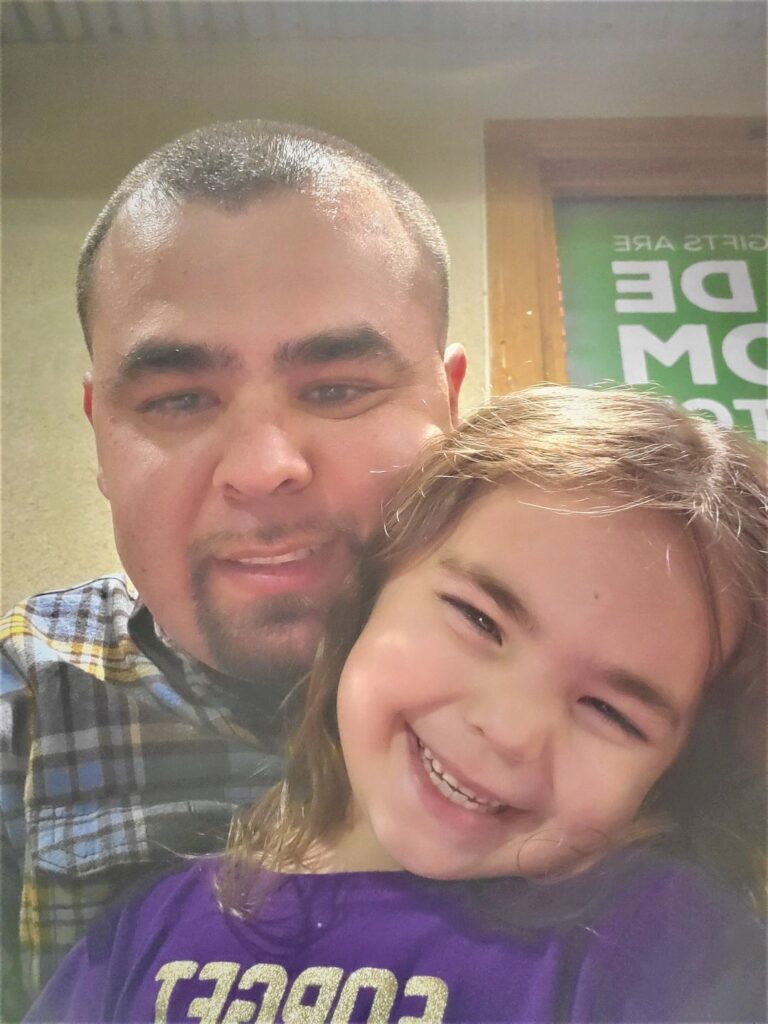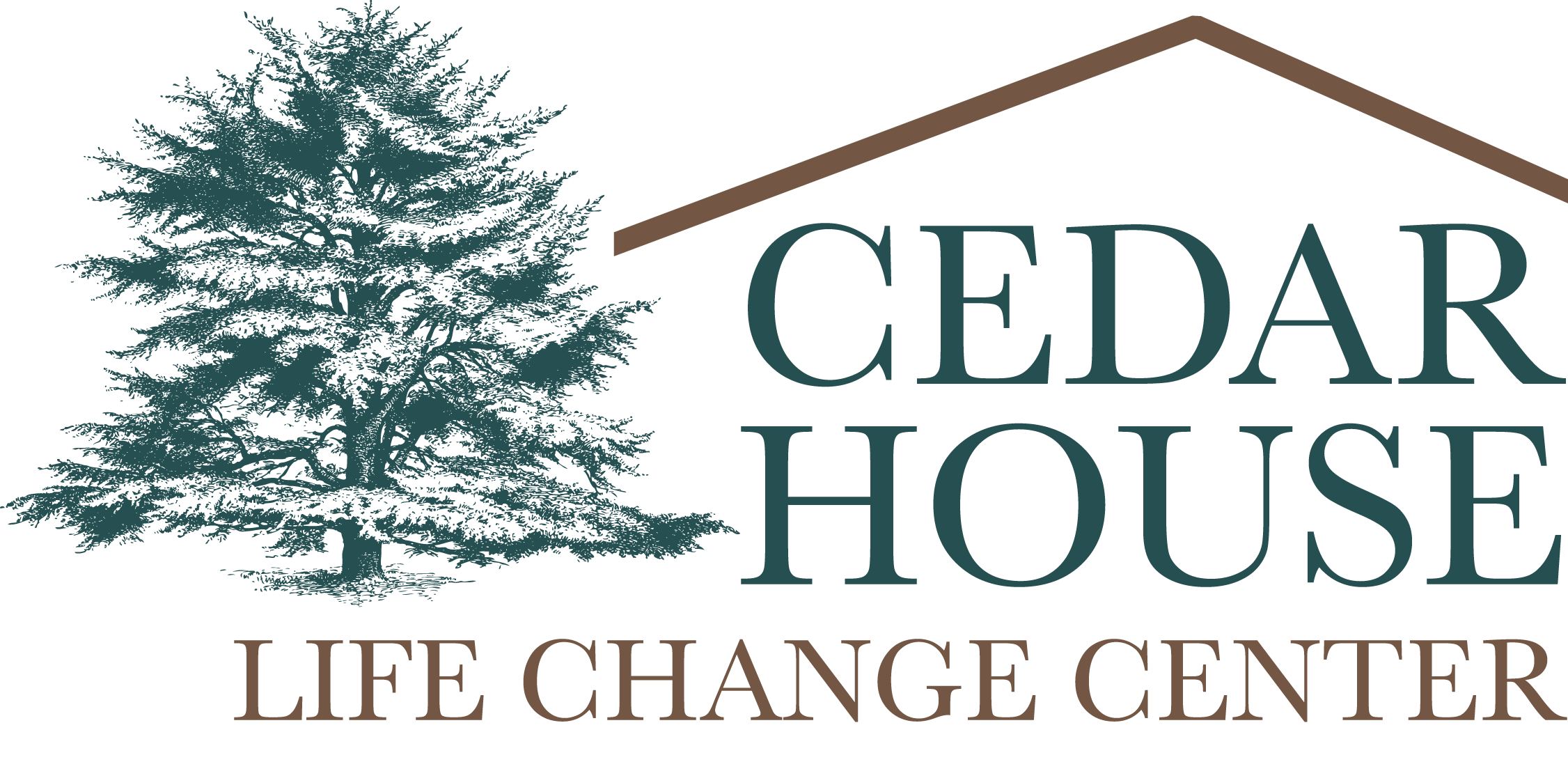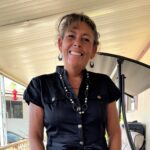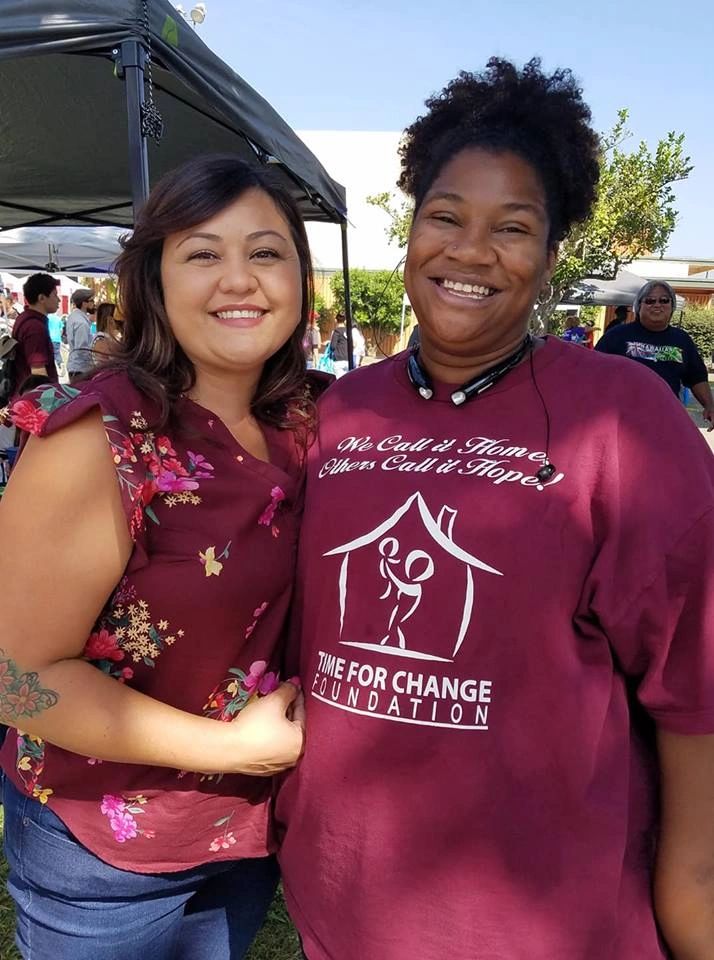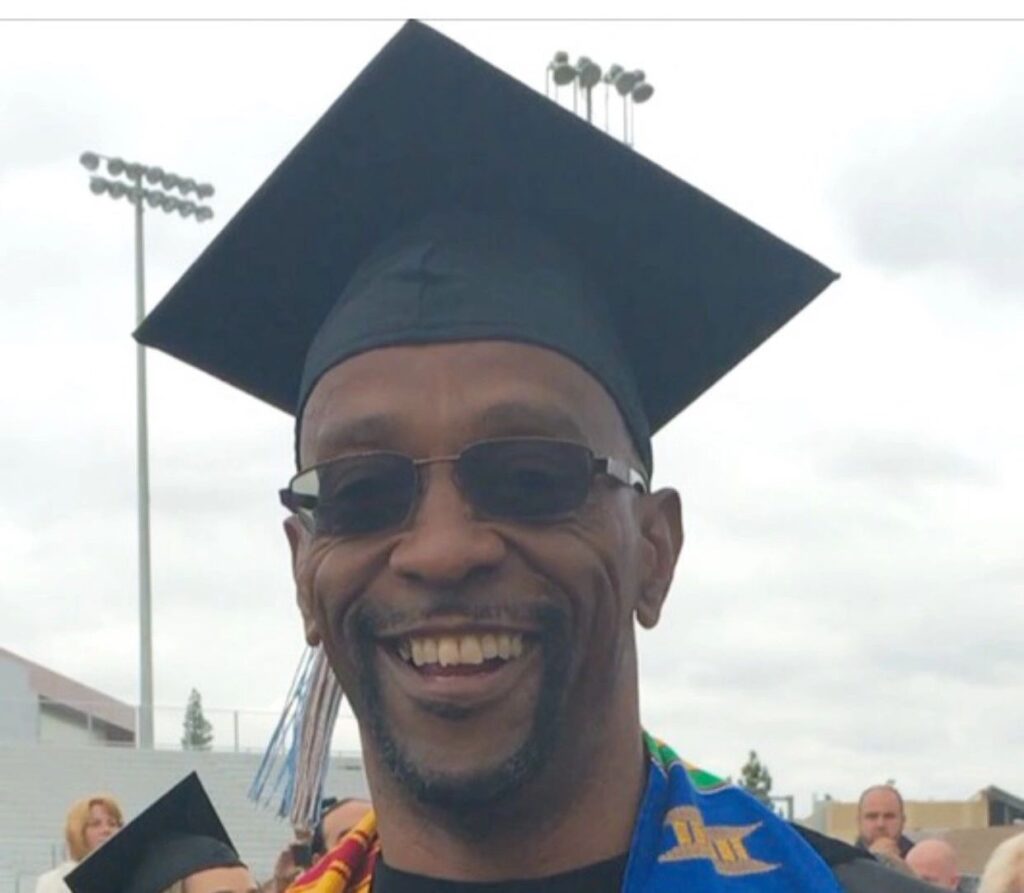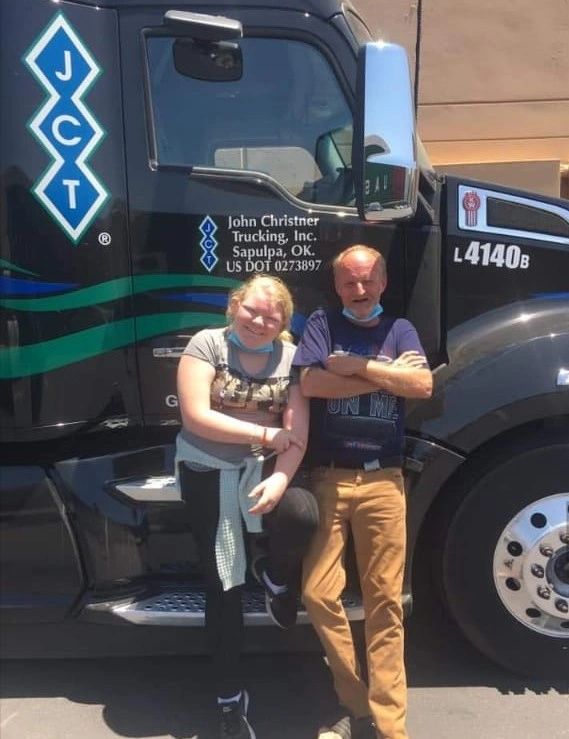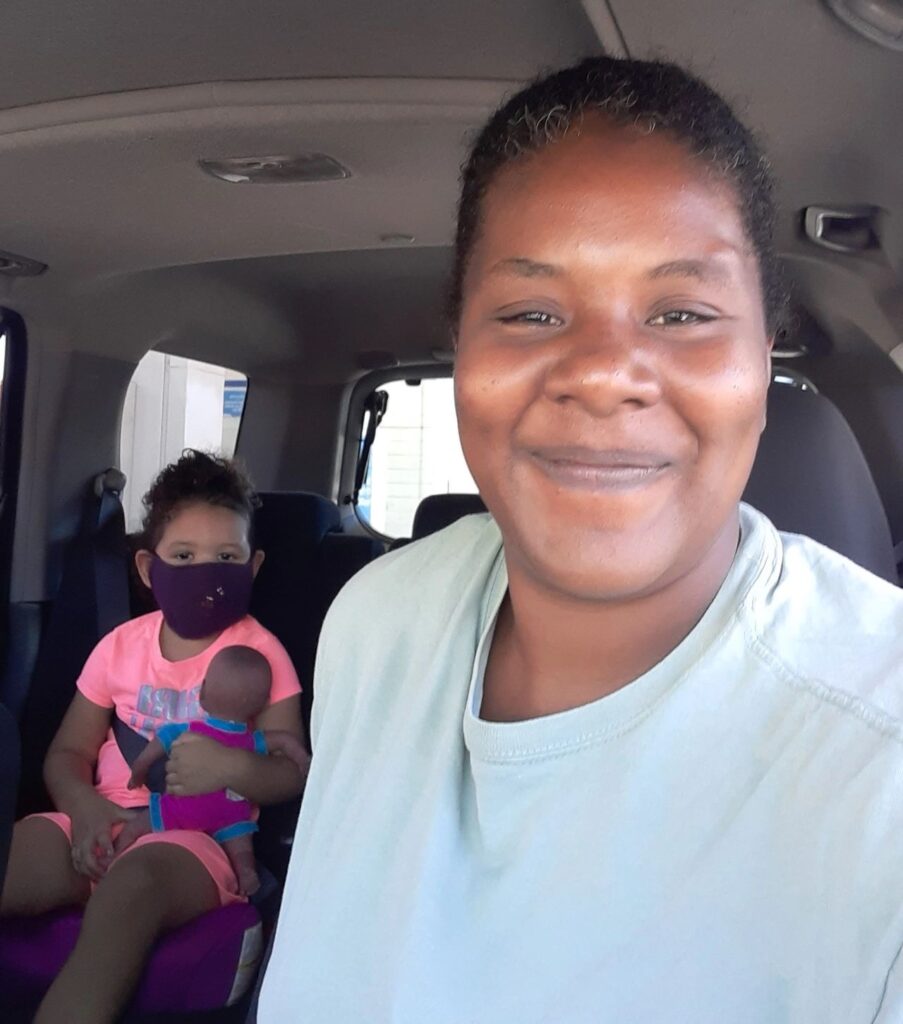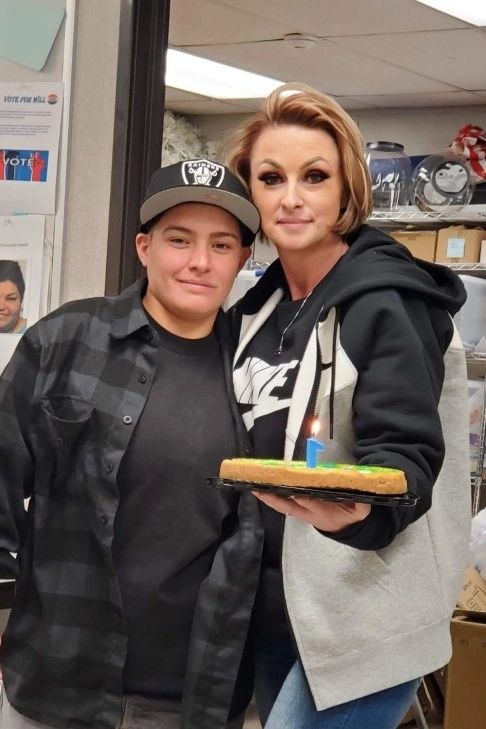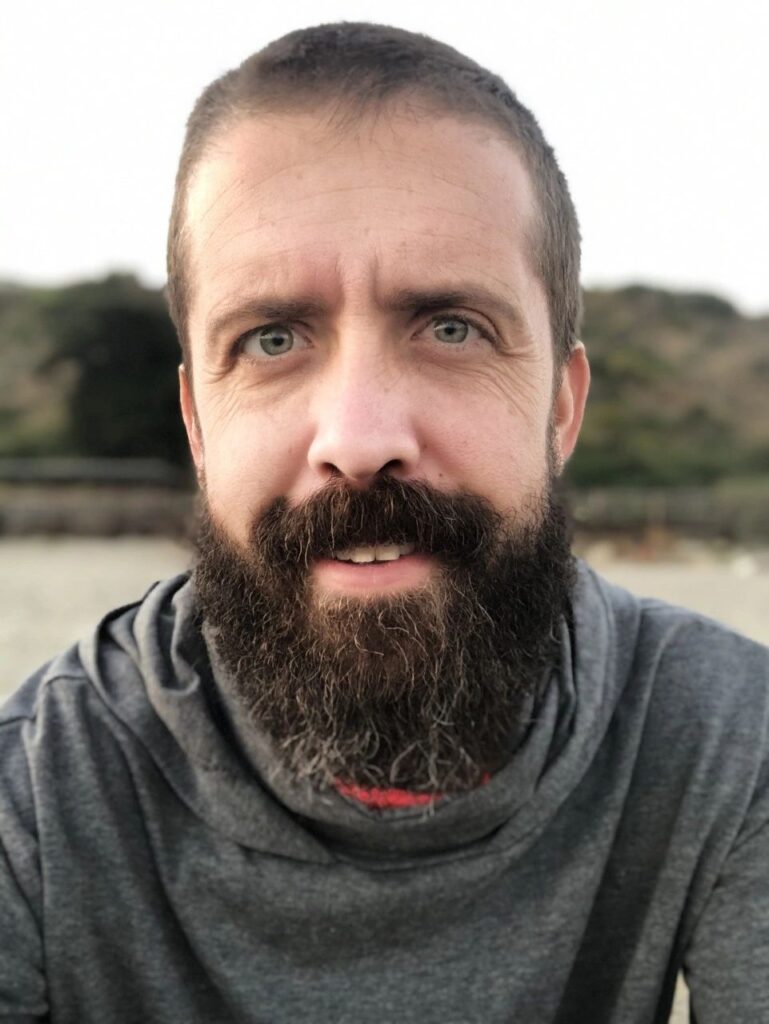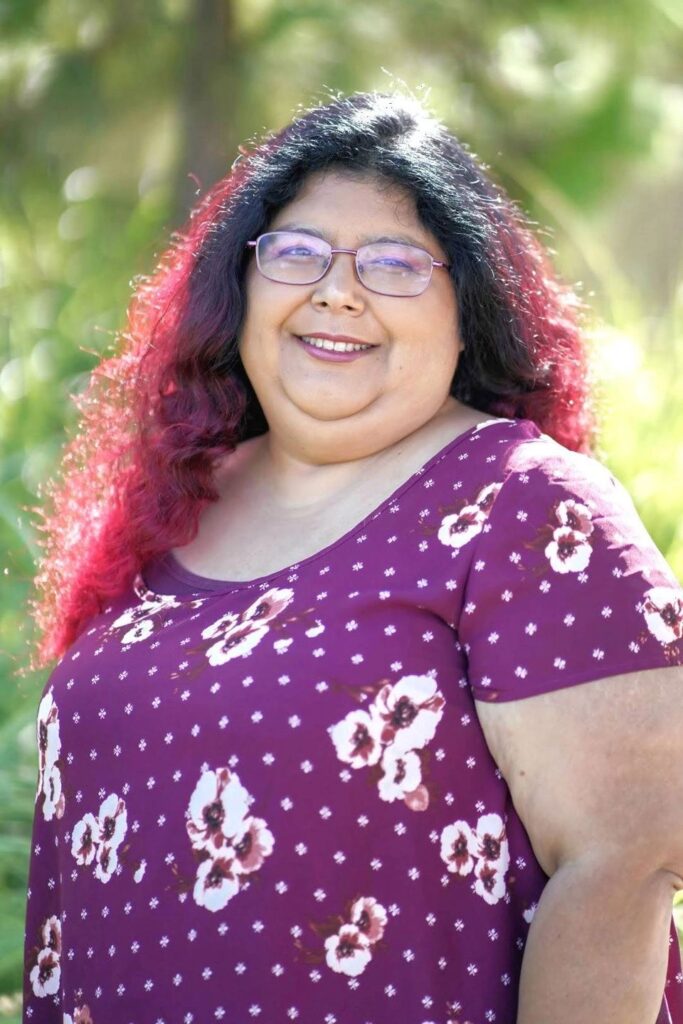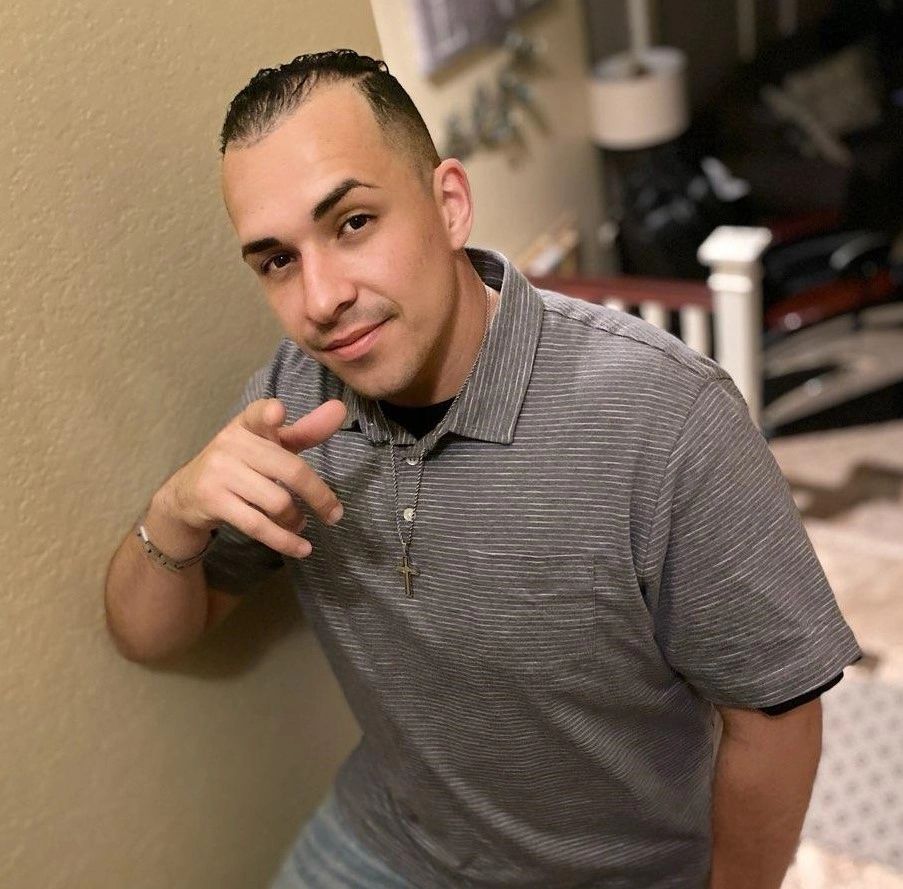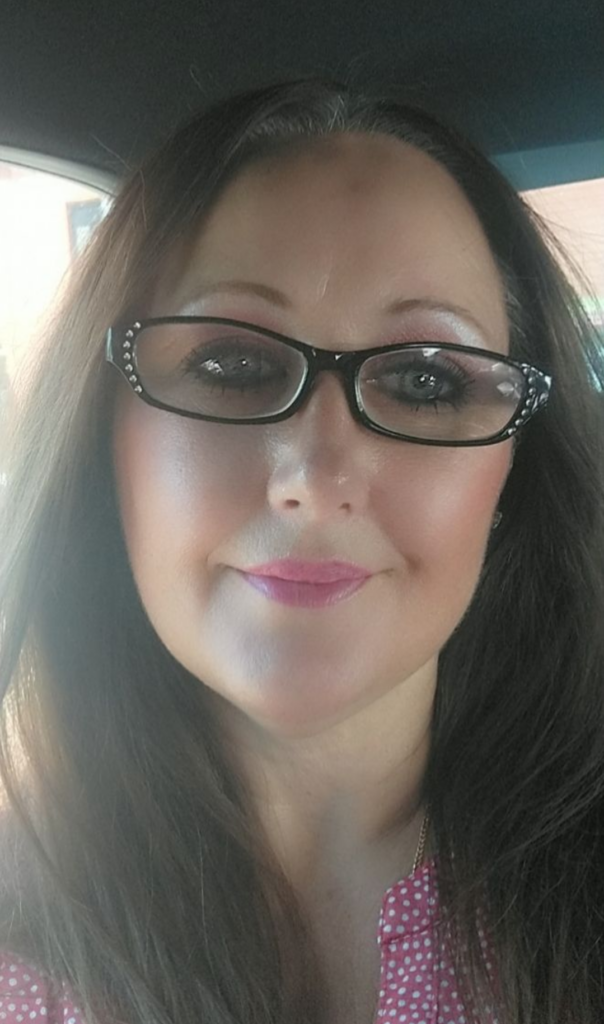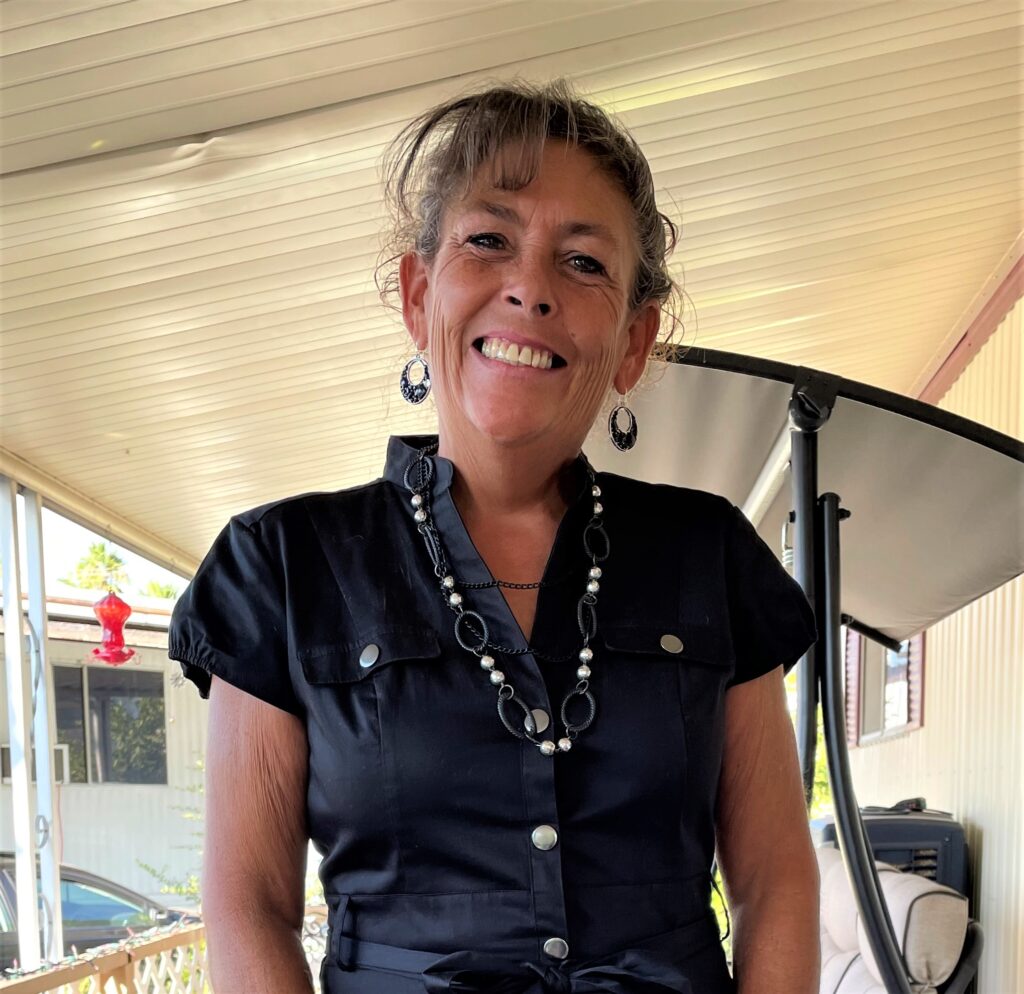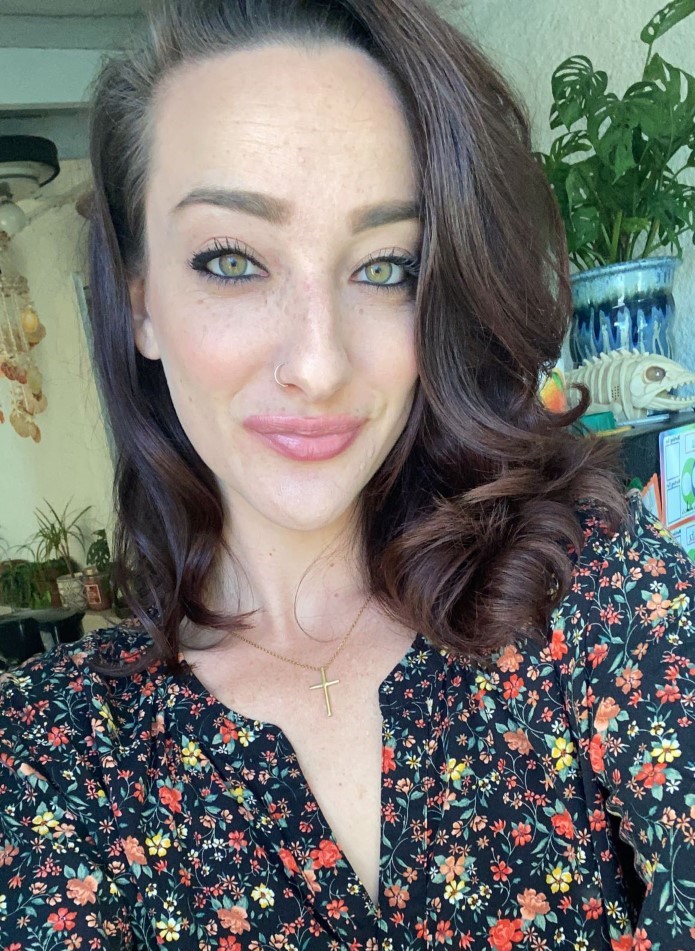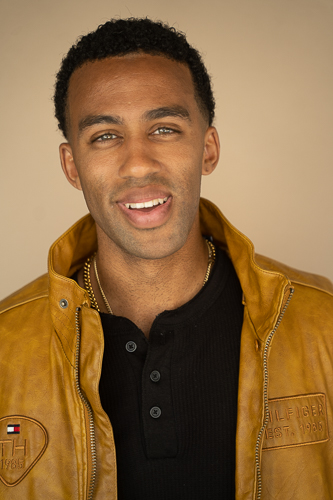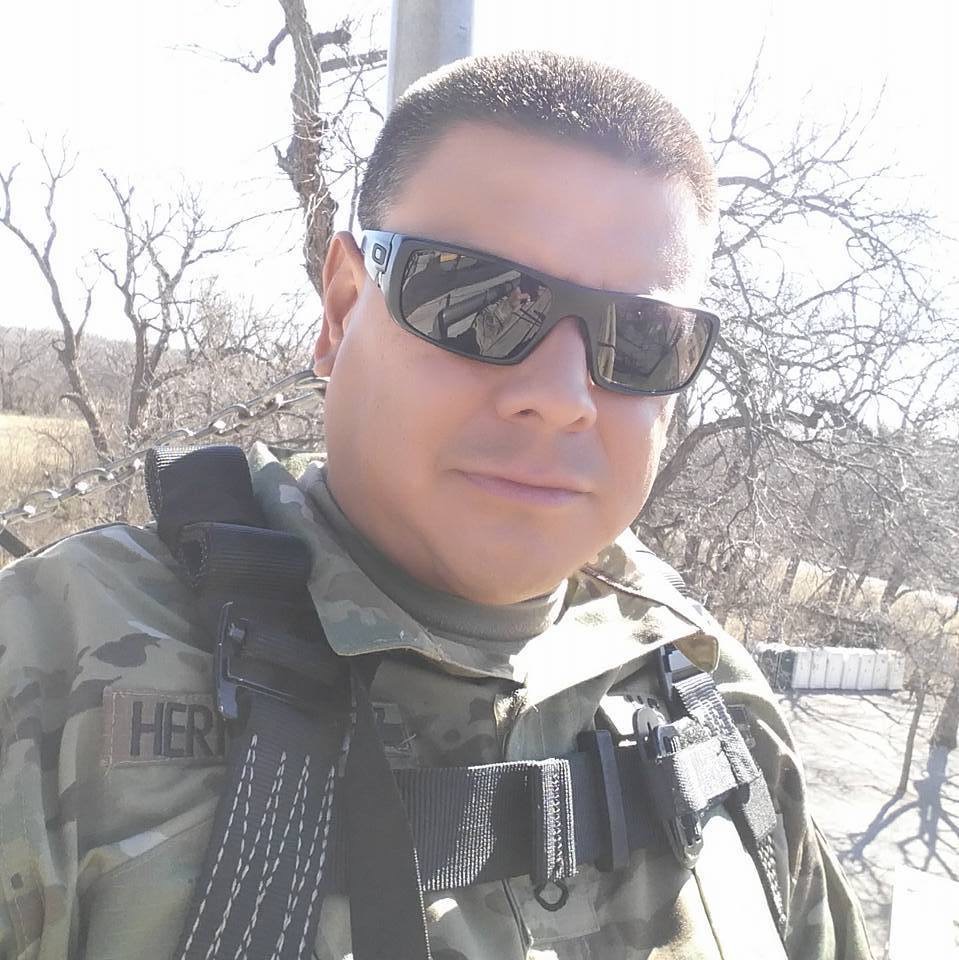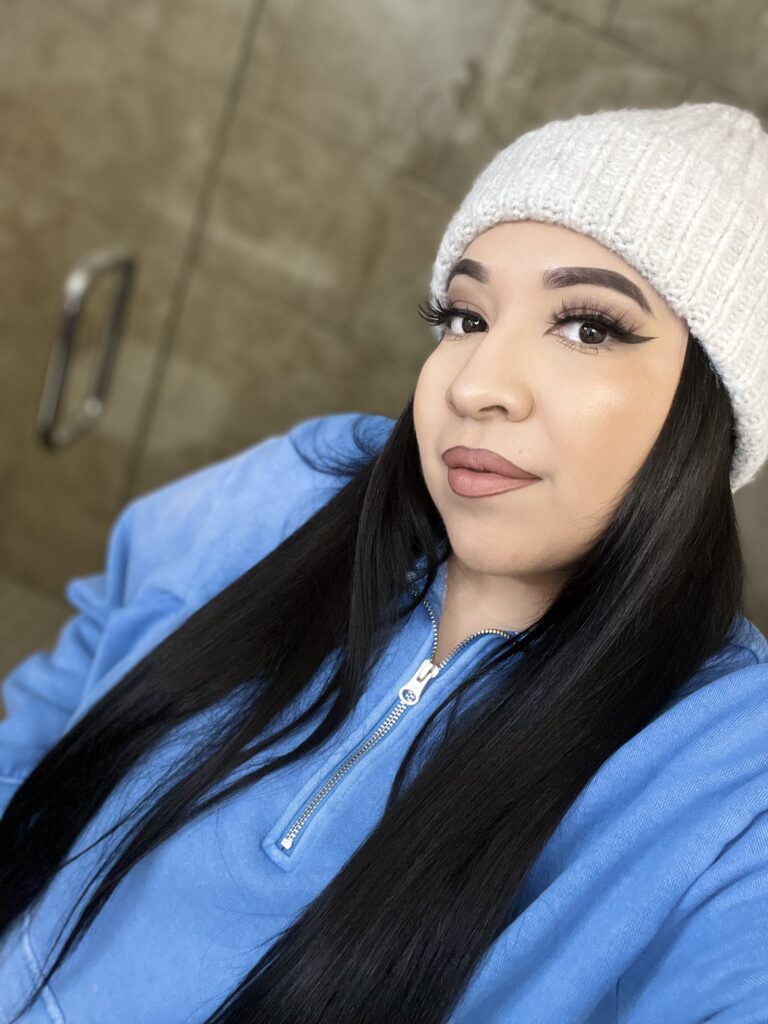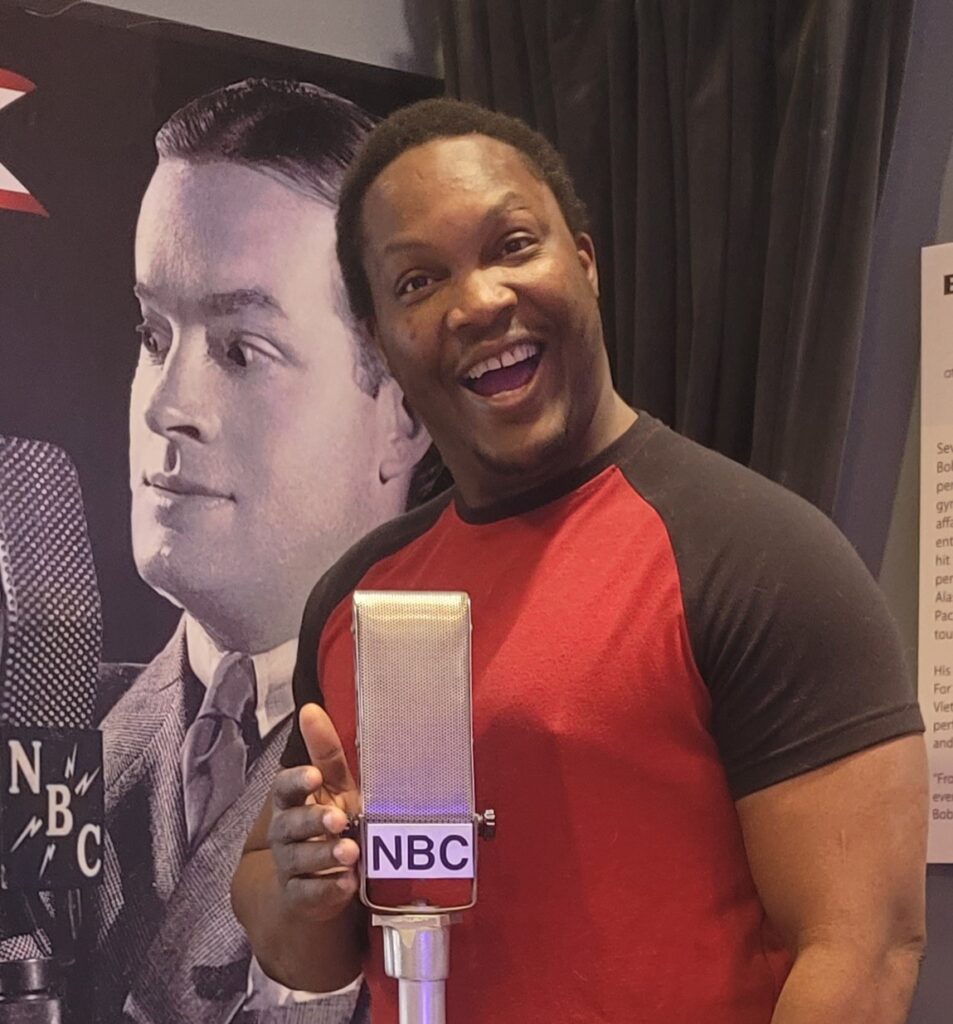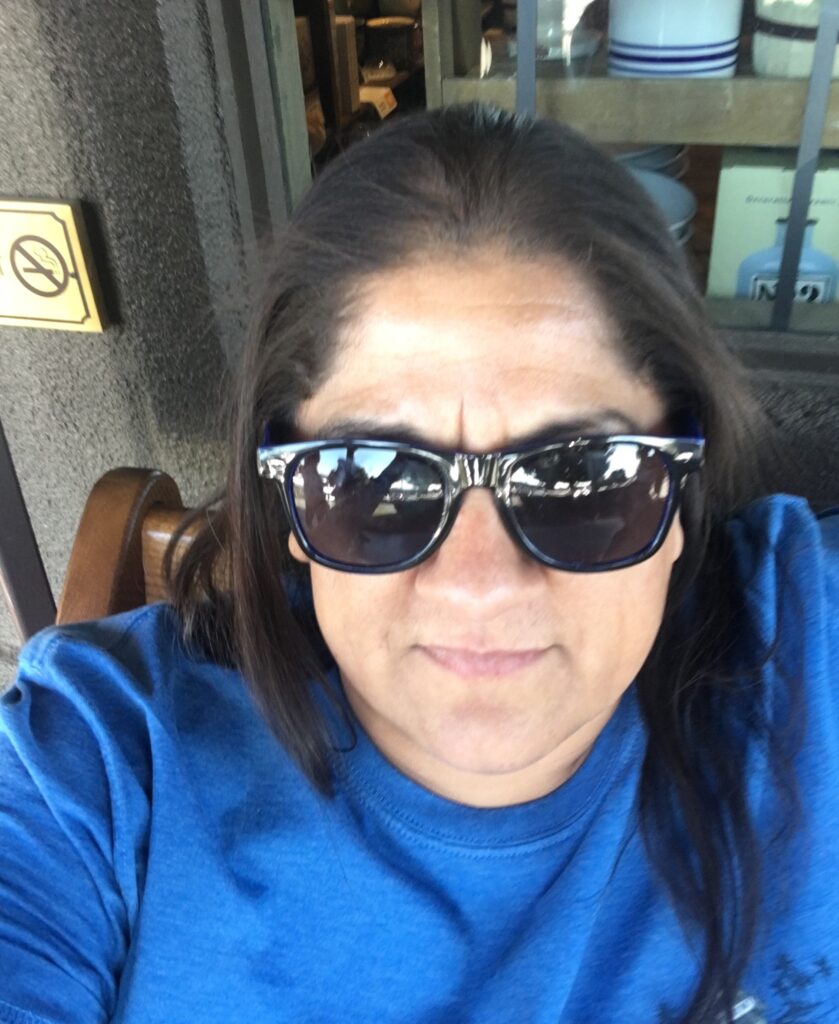Eduardo checked the gas gauge of his green Honda and realized he was almost empty. With no cash, no home, no job, and no family, he knew where he needed to go. And he had JUST ENOUGH gas in his tank to get there.
From the age of sixteen, Eduardo had been abusing drugs and alcohol. In the summer of 2005, he began hanging around a rough crowd and started smoking cigarettes, then weed, then meth. Rock bottom came three years ago when he and his fiancé moved to Las Vegas.
“I started stealing and lying; spending all my checks on gambling and drugs. I lost my fiancé; I lost my brother’s, my sister’s and my parents’ trust.”
Eduardo ended up living on the streets with only his car and his luggage. That’s when his brother told him about Cedar House, and Eduardo realized he had just enough gas to get there. He arrived at 10 p.m. on June 27, 2017.
“I was tired. I just wanted to stop and relax. I didn’t want a pipe in my mouth.”
The next morning, he learned that Cedar House had a waiting list to be admitted into the residential program, but Eduardo had no place to go. He stayed outside in his car waiting until a bed came available. He spent the next 45 days at Cedar House working on changing his life.
“At first, I didn’t like going to group (meetings), but eventually I thought to myself, ‘I’m setting myself up for failure.’ That’s when I started doing the work, especially learning about my triggers.”
Between learning certain types of music that triggered his addiction to meeting individuals who would significantly impact his life, the Cedar House experience made an indelible mark on Eduardo.
“When you’re trying to recover, you’re so vulnerable, but there were some amazing gentlemen that really helped me along.”
One man in particular changed the course of Eduardo’s life in a way he never expected.
“I made the decision to leave (Cedar House) because I had reached the peak of my withdrawal. I had so much going through my mind and so many emotions going through me. If I left, I would have just gone straight back to doing the same things, and things would be a whole lot different right now. But Michael stopped me. He sat me down and had a powerful chat with me. He calmed me down and gave me the strength to continue the program. That man really cares about the people at Cedar House.”
We couldn’t agree more. Michael Rodriguez is the Men’s Residential Coordinator at Cedar House and an EPIC Life Changer. We’re thankful to him for his compassion and persistence. And, we’re thankful that Eduardo took his advice and persevered.
After graduating from Cedar House, he went to work at his brother’s restaurant. Soon after, he reconnected with his fiancé and children in Las Vegas where he began working at a facility making plastic polymers for medical devices. It’s work that has been steady for him and his family even during these challenging months of the pandemic.
Eduardo says he would not even consider doing drugs again now that he has made so many positive changes in his life. Thankfully, he had just enough gas in the tank and determination to continue with his treatment to change his life.
